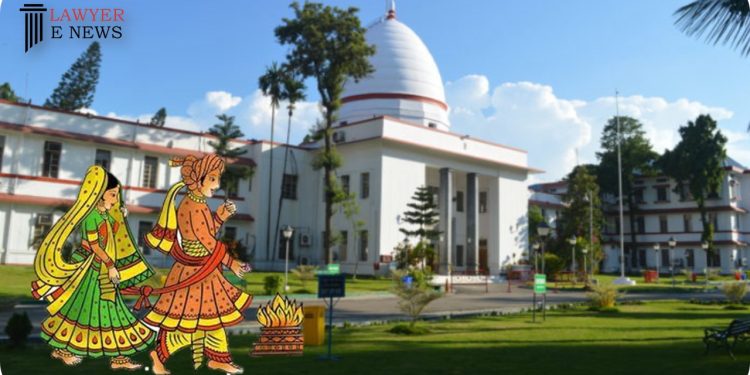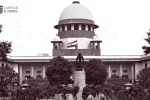Second Marriage While First Marriage Still Exists: Is it Grounds for Dismissal?

In a recent Judgement (UIO vs Paranab Kumar D.D 18 Jan 2023) Double Bench of GAUHATI HIGH COURT observed that though the act of conducting a second marriage during the subsistence of the first marriage is an act of indiscipline, it cannot be said that it is one of the most heinous forms of misconduct for which the petitioner must be necessarily visited with the punishment of dismissal.
The writ petitioner was a Constable/GD in the Central Industrial Security Force (CISF) and was found guilty of contracting a second marriage during the subsistence of the first marriage in violation of Rule 18 (B) of the CISF Rules, 2001. He was dismissed from service on 01.07.2017, and his appeal and revision against the order were rejected.
Appellants moved appeal against a judgment and order passed by a Single Judge of the court in WP(C) No.8078/19, where the Judge interfered with the penalty of “Dismissal from Service with immediate effect” imposed on the writ petitioner for bigamy.
The writ petitioner challenged the dismissal order on the ground that the penalty was disproportionate to the misconduct proven and sought a lesser punishment, relying on the decision of Trilok Singh Rawat vs. Union of India, 2000 (3) GLT 558.
The appellants contended that the writ petitioner violated Rule 21 of the Central Civil Services (Conduct) Rules, 1964 and Rule 18 (B) of the CISF Rules, 2001, which prohibit any Government servant from contracting a second marriage during the subsistence of the first marriage, and thus dismissal was commensurate to the charge.
The learned Single Judge relied on Trilok Singh Rawat (supra) and set aside the order of dismissal and remanded the matter to the Disciplinary authority for imposing any other penalty on him other than the penalty of dismissal.
The Court noted that dismissal is the most extreme form of punishment that can be imposed upon a Government employee, cutting off the source of income and depriving the dependents of the means of sustenance. Thus, the civil consequences it entails are of extreme nature which in the present case should not be ordinarily invoked unless the misconduct is of such nature that there is no other option but to impose such a punishment.
The Court observed that though the act of conducting a second marriage during the subsistence of the first marriage is an act of indiscipline, it cannot be said that it is one of the most heinous forms of misconduct for which the petitioner must be necessarily visited with the punishment of dismissal.
The Court further noted that the records did not indicate any serious physical violence perpetrated upon the first wife or daughter of the writ petitioner or any other act of cruelty, though there was an allegation that the writ petitioner had beaten his first wife and daughter.
The Court found that the writ petitioner appeared to have contracted the second marriage on account of not being happy in the marital life with his first wife.
In light of these facts, the Court took a holistic view of the entire circumstances and concluded that the penalty of dismissal was not justified and that a lesser punishment could be imposed.
The Court remanded the matter to the Disciplinary authority for imposing any other penalty on him other than the penalty of dismissal, taking into account the nature of the misconduct and the personal circumstances of the writ petitioner and his dependents.
UIO vs Paranab Kumar






